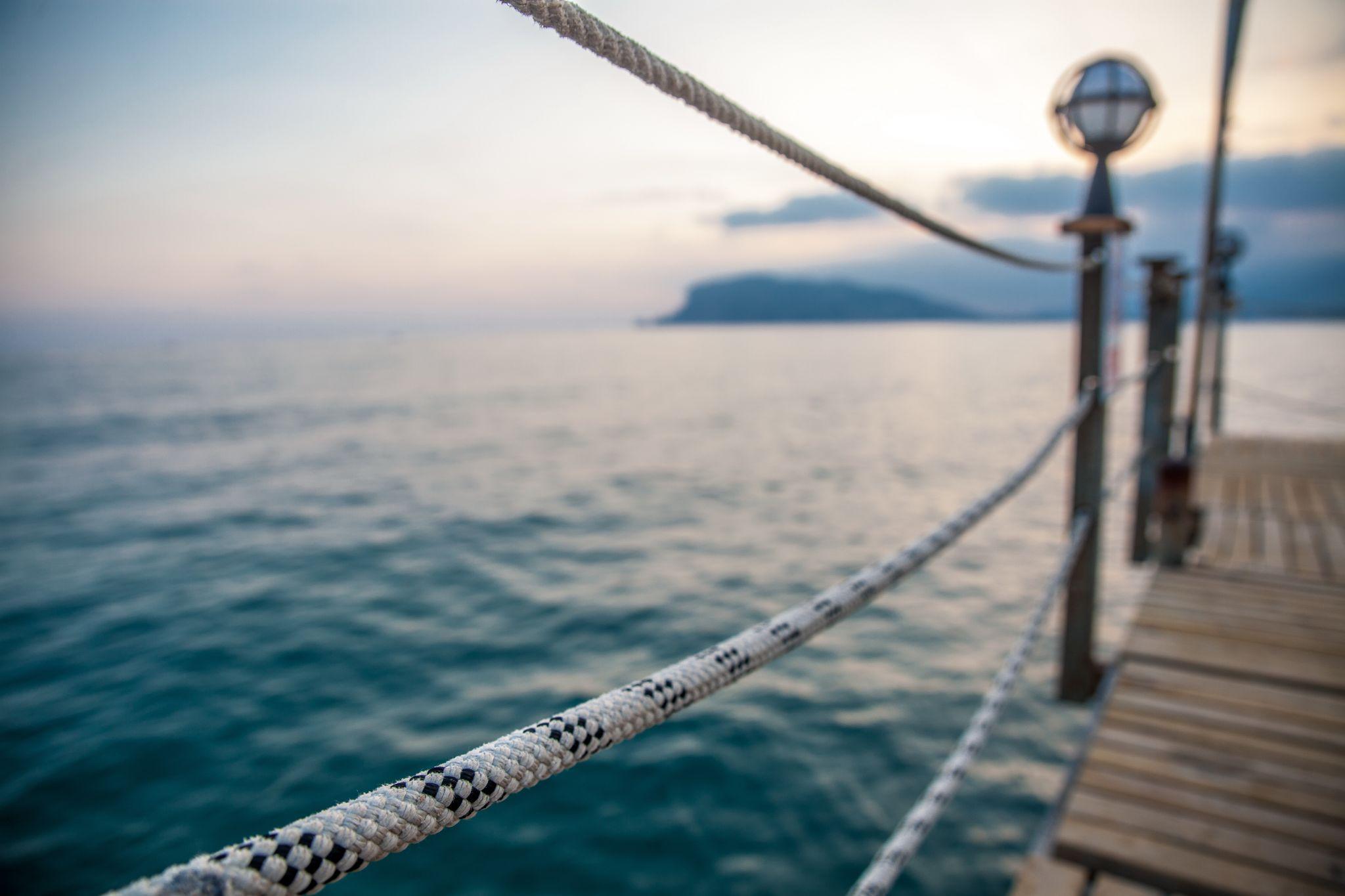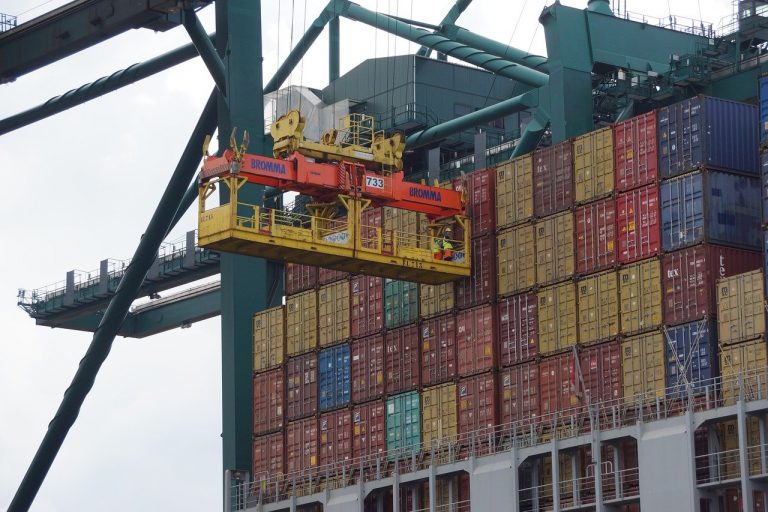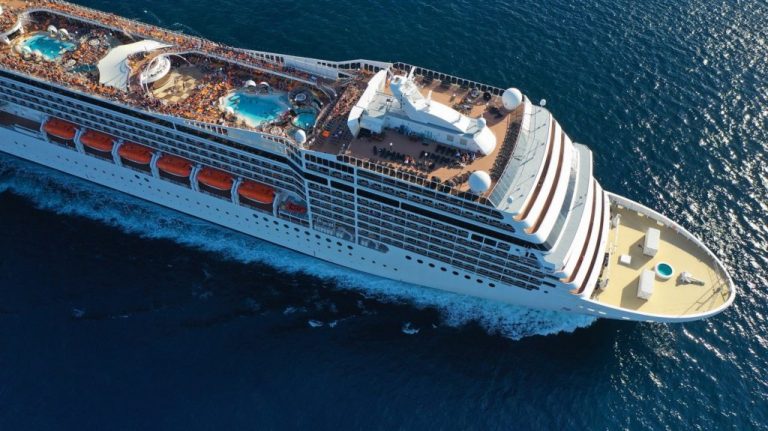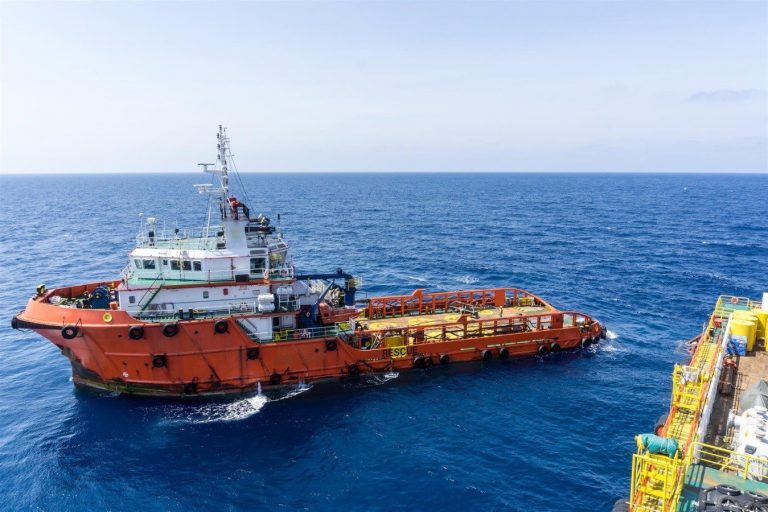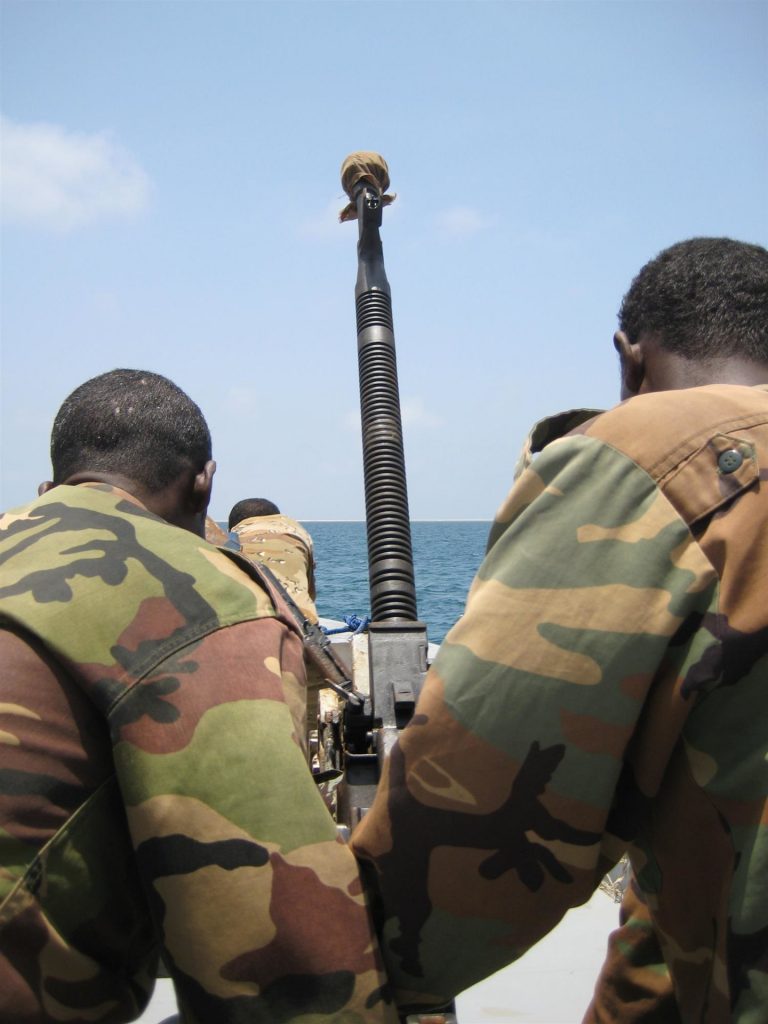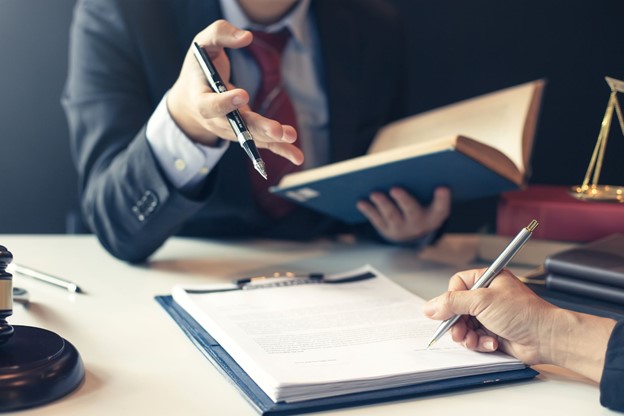Longshoremen and harbor workers perform essential duties in our harbors and ports. Large vessels are constantly arriving and departing docks and piers, loading and unloading cargo, and keeping the supply chain strong and reliable.
In this fast-paced environment, the risks of an accident or injury are high. Heavy equipment and vehicles are always moving, and unexpected failures or miscommunication can cause serious accidents and life-threatening injuries.
Common Dock and Pier Injuries
Dock workers face inherently dangerous situations where even a momentary loss of focus can have tragic results. Just some of the ways that these maritime workers are injured include:
- Thermal burns, chemical burns, electrical shock
- Crushed or severed limbs
- Broken bones, torn ligaments
- Severe lacerations
- Spinal cord or back injuries
- Traumatic brain or head injuries
- Repetitive motion injuries
- Drowning
What Causes Accidents on Docks and Piers?
Moving cargo and mooring ships require good teamwork and flawless communication between all workers involved. Cargo-moving equipment must be properly maintained and all safety procedures must be followed. Keeping longshoremen and harbor workers safe takes ongoing effort and vigilance on the part of employers and workers alike.
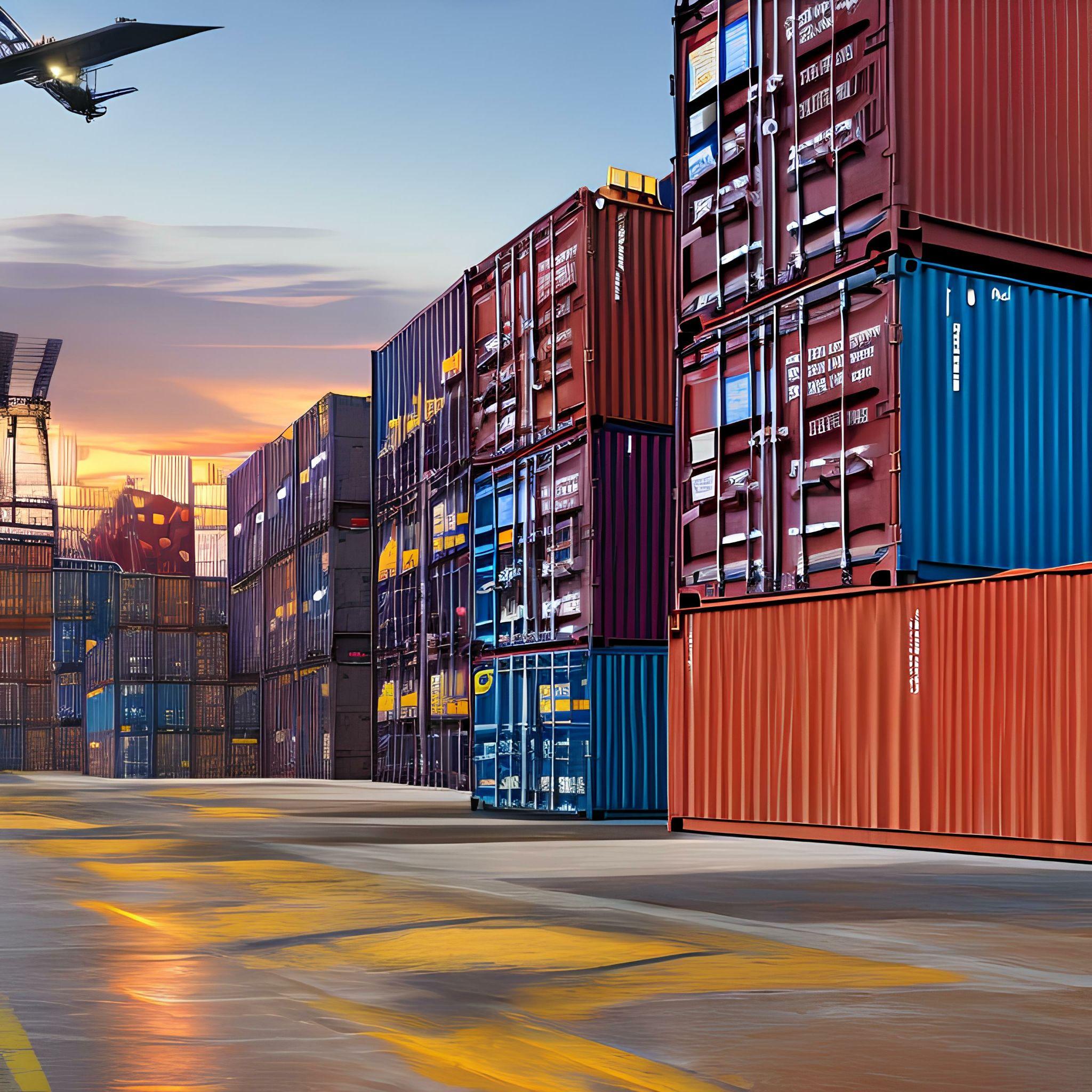
Fatigue, overwork, and a shortage of trained workers can cause serious accidents. Whenever someone is injured and negligence might be a factor, you may need a dock accident lawyer or offshore injury attorney to help you navigate your legal rights and options.
Death or disabling injuries can result from harbor accidents involving:
- Shipping containers shifting
- Cranes and winches dropping loads
- Electrical wires and equipment malfunctions
- Slippery gangways, stairs, and ramps
- Docks or piers that collapse under load
- Forklifts, trucks, and tow vehicle accidents
- Fueling equipment, fires, and explosions
- Hazardous materials and chemical exposure
- Cables, mooring lines, and anchor chains breaking
- Ship collisions with the dock or each other
Could Your Pier or Dock Injury Have Been Prevented?
Injured harbor workers are usually eligible for coverage of their medical expenses after an accident, under a number of federal and maritime laws that apply under different circumstances. If someone was negligent in causing the accident, you may have additional legal rights to sue for compensation.
There are a number of ways that an accident could be caused, or made worse, because a facility operator or employer cut corners on safety procedures, equipment, or training. Failing to properly maintain or repair necessary equipment is another kind of negligence.
Only an experienced maritime accident lawyer can accurately assess your particular situation for legal liability, but someone else might be found at fault for your accident if it involved:
- A dock or pier that was allowed to rot or crumble without being properly repaired
- Being forced to work long hours and short staffed
- A lack of proper training in how to operate equipment and follow safety procedures
- Failure to provide or install safety gear and equipment
- Exposure to toxic substances
- Lack of fire prevention, fire fighting equipment, or training
- Workplace violence or injury due to the reckless behavior of other employees
Legal Protections for Victims of Dock and Pier Accidents
Depending on the specifics of your accident and injury, there are a number of different benefit and compensation programs that might provide relief and financial support as you recover. Some of the legal options available to you and your harbor or dock accident lawyer include:
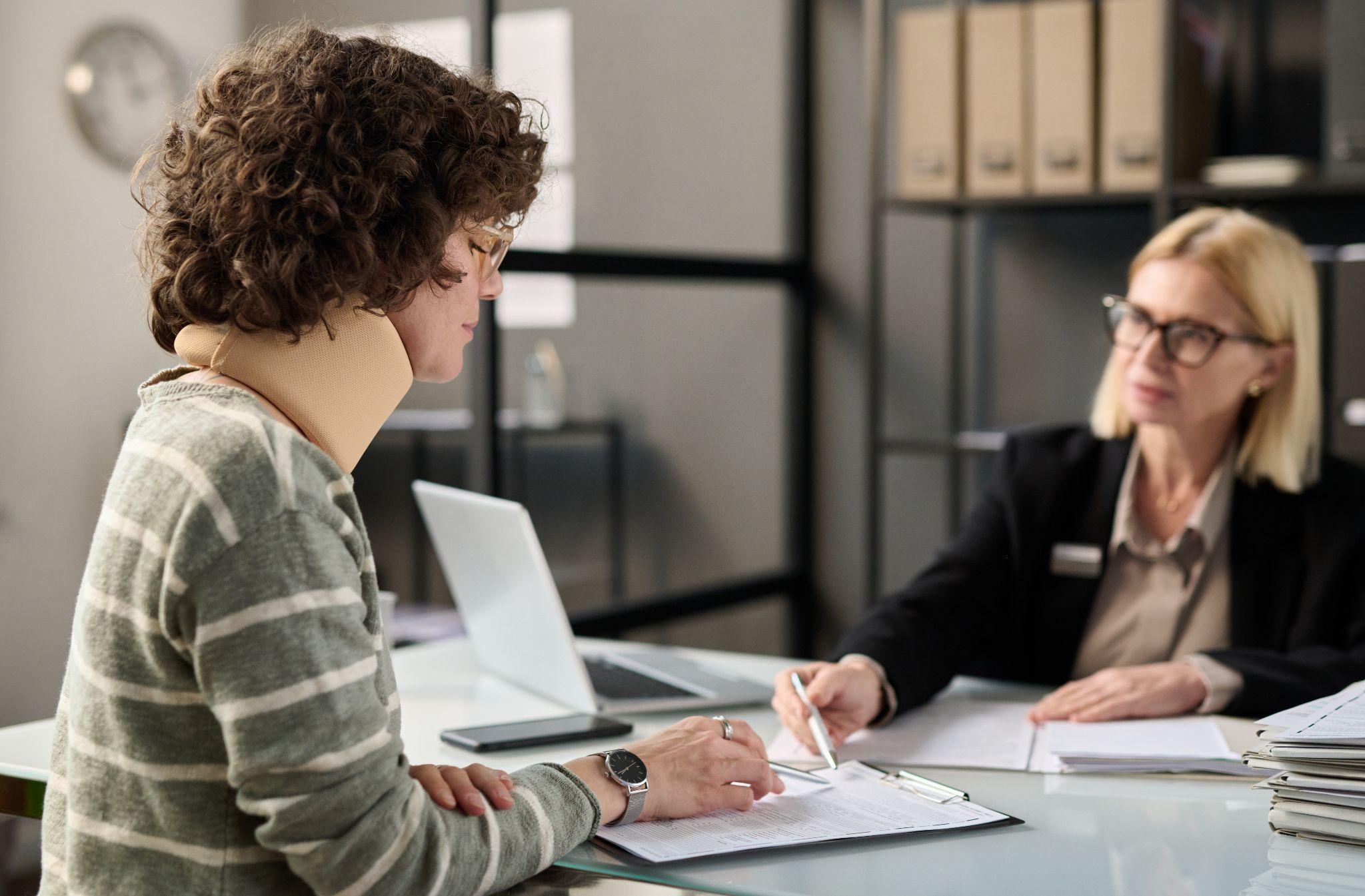
Workers’ Compensation
In some situations you will be able to file a workers’ compensation claim and receive coverage for your medical bills and some other expenses through your employer’s insurance. However, if you qualify as a maritime worker under the law, you will need to seek compensation under another federal law that covers those workers that fall outside of standard workers’ compensation coverage.
The Jones Act
If you spend at least 30% of your time on a vessel in navigable waters, you may be protected under the Jones Act if your employer was negligent. The Jones Act allows you to sue for damages, rather than being limited by basic maintenance and cure benefits. This would cover offshore injuries or accidents on the dock. Even if negligence was not a factor, as a “seaman” you are entitled to coverage of your medical care and living expenses until you can return to work.
The LHWCA
The Longshore and Harbor Workers’ Compensation Act offers protections similar to the Jones Act for those who work on docks and piers in service of vessels. To qualify for these benefits after an injury, you will need to establish that the injury occurred as part of your regular job duties, and happened near, on, or over the water. Death benefits may be paid to surviving family members under this act.
The LHWCA is much like the Jones Act but covers a broader spectrum of people who work on, near, or adjacent to navigable ports and waterways. It also protects marine military support and energy workers on the outer continental shelf. The LHWCA covers:
- Longshore workers
- Dock and pier workers
- Ship builders, repair workers, and breakers
- Construction workers in harbors and ports
A Negligent Individual
If a person other than your employer played a part in causing your accident, including crew of a vessel, harbor pilots, or even a member of the general public, you may have the right to sue them directly for damages related to your accident.
Understanding Your Rights After a Dock or Pier Accident
If you’ve been injured in a maritime accident, navigating the legal complexities of which laws protect you can be difficult. Having a full understanding of your legal options will help you get the level of compensation and support you and your family deserve.
Schedule a free case evaluation with an experienced maritime accident lawyer to gain a clear understanding of which laws apply to you before you accept a settlement offer or sign away your rights. At Maintenance and Cure, we have helped thousands of maritime workers recover after an injury or illness and can guide you through these rough waters and back to safe harbor once more.

